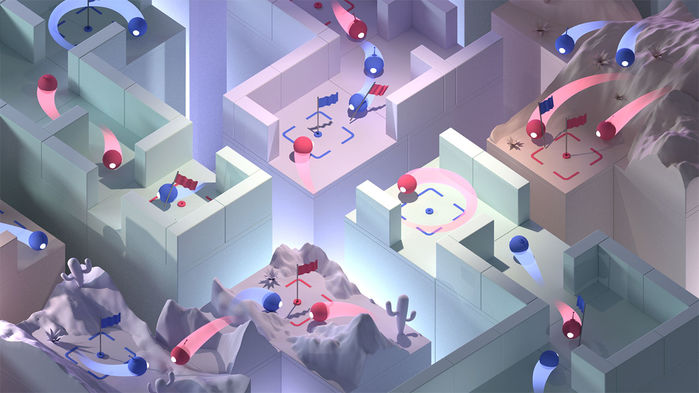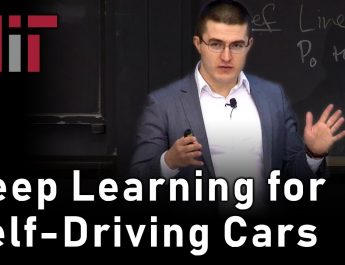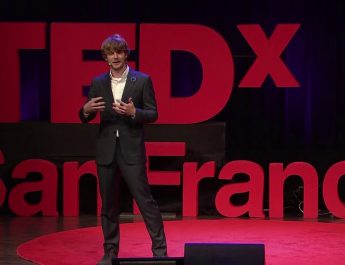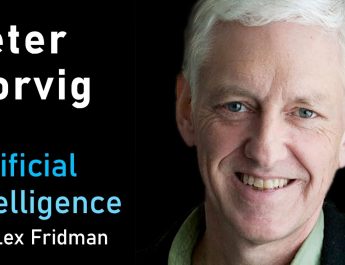Go and Chess were among the child’s play. Now artificial intelligence is winning at capture the flag. Will such skills translate to the real world?
Human gamers know just how hard it is to win a new spin on the classic computer game Quake: In a mazelike arena, they must work with other players to capture floating flags—all while dodging deadly gunfire. Now, for the first time, artificial intelligence (AI) has mastered teamwork in a complex first-person video game, coordinating its actions with both human and computer teammates to consistently beat opponents.
“The scale of the experiments is remarkable,” says Michael Littman, an AI expert at Brown University. Getting AI agents to work together is incredibly tough, he says.
Although AI can drive cars and easily defeat the world’s greatest chess and Go players one on one, researchers have struggled to get it to master teamwork. The practice may seem intuitive to us, but predicting how others will behave—a crucial component of working on a team—adds a whole new level of complexity and uncertainty for AI to deal with.
In the new study, researchers got AI bots to teach each other to work as a team. Their classroom was a simplified version of 1999 first-person shooter, Quake III Arena. The game involves two teams that navigate around a 3D map to retrieve a flag from their opponent’s base and return it to theirs. The team with the most captures after 5 minutes wins. Players also fire a laser to tag enemies, sending them back to their home base.
To train the AI to work as a team, the scientists created 30 different bots and pitted them against each other in a series of matches on randomly generated maps. The bots trained using brain-inspired algorithms called neural networks, which learn from data by altering the strength of connections between artificial neurons. The only data the bots had to learn from was the first-person visual perspective of their character and game points, awarded for things like picking up flags or tagging opponents.
………………………………………………………………..
By Edd Gent
Read more at: Science




